|
|
|
Editor's note
|
|
Nau mai, haere mai - welcome to your weekly New Zealand newsletter.
At the end of this month, New Zealand will release its first well-being budget. It builds on a suite of measures such as cultural identity, housing, environment, income and consumption, and social connections. Other countries have tried this before and Victoria University of Wellington public policy expert Arthur Grimes asks if there is anything new in New Zealand’s approach that conservative governments elsewhere have not already considered over a decade ago.
Apocalypse Now is turning 40 this year. The film received mixed reviews when it was first released, but became a major cinematic landmark, considered to be director Francis Ford Coppola’s magnum opus. But as film studies lecturer Alfio Leotta writes, its success was in large part due to the genius of co-writer John Milius.
And as a Royal Commission of Inquiry has begun its investigation into the circumstances that led to the Christchurch mosque shootings, AUT law professor Kris Gledhill explores the limitations of the inquiry’s terms of reference.
Finally, The Conversation has launched it’s annual donation drive this month. If you enjoy reading The Conversation and value evidence-based coverage, please consider making a tax-deductible donation. Every dollar goes towards allowing The Conversation to continue publishing expert analysis without paywalls or advertising.
Many thanks to AUT, Massey University, University of Waikato, Victoria University of Wellington and the University of Otago for supporting The Conversation in New Zealand.
You’ll find all New Zealand articles on this page, and if you know someone who might enjoy this newsletter, feel free to forward this email. They can sign up here. Ka nui ngā mihi ki a koutou.
|
Veronika Meduna
New Zealand Editor
|

|
|
Top stories
|
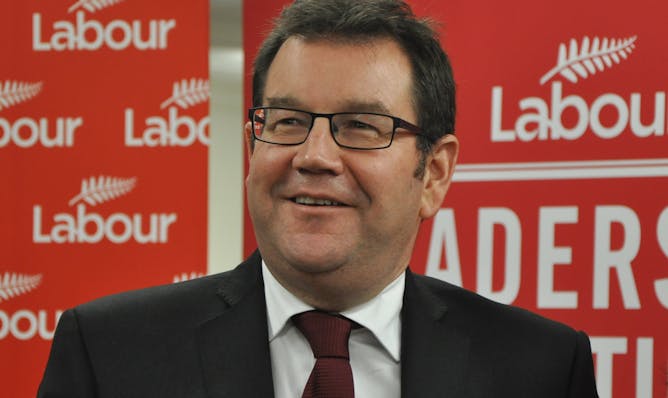
Finance minister Grant Robertson will announce New Zealand’s first budget that uses a well-being measures.
from www.shutterstock.com
Arthur Grimes, Victoria University of Wellington
New Zealand's upcoming budget takes a well-being approach based on a suite of living standard indicators. But will this be different to what conservative governments elsewhere tried a decade ago?
|

For the film’s 40th anniversary, director Francis Ford Coppola has unveiled Apocalypse Now: Final Cut.
Alfio Leotta, Victoria University of Wellington
This year marks the 40th anniversary of Apocalypse now, and a director's cut version of the film classic premiered last week.
|

As part of the New Zealand government’s response to the Christchurch mosque attacks, a Royal Commission of Inquiry will investigate the specific circumstances leading up to it.
AAP/Joseph Johnson
Kris Gledhill, Auckland University of Technology
A Royal commission of inquiry has been set up to look into circumstances that led to the Christchurch mosque attacks. It will investigate intelligence services, it not the role of media.
|

Threats, censorship and a climate of self-censorship are commonplace for journalists in the Pacific region.
from www.shutterstock.com
David Robie, Auckland University of Technology
Along with growing hostility towards journalists globally, the media climate in the Pacific has also been deteriorating.
|
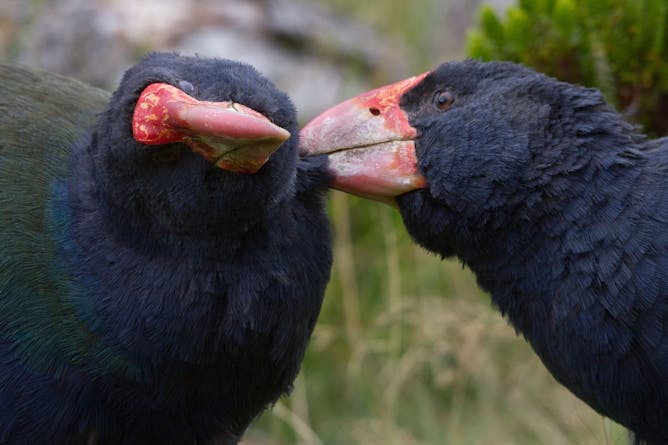
About 74% of New Zealand’s land birds, including the endemic takahe, are either threatened or at risk of extinction.
AAP/Brendon Doran
Michael (Mike) Joy, Victoria University of Wellington; Sylvie McLean, Victoria University of Wellington
The latest update on the environment highlights that New Zealand has the world's highest proportion of indigenous wildlife species either threatened or at risk of extinction.
|
From The Conversation's international editions
|

Michelle Lim, University of Adelaide
The Global Assessment of the Intergovernmental Science-Policy Platform for Biodiversity and Ecosystem Services has some sobering news.
| |

Mark Kenny, Australian National University
As the campaign wears on, Scott Morrison and Bill Shorten have appeared increasingly stage-managed and rehearsed. Where is the charisma, wit and inspiring ideas?
|

Louise Martin-Chew, The University of Queensland
Art historians argue that the life of the artist should be viewed independently of their art but, for most Aboriginal artists, art is a cultural expression that encompasses their lives.
| |
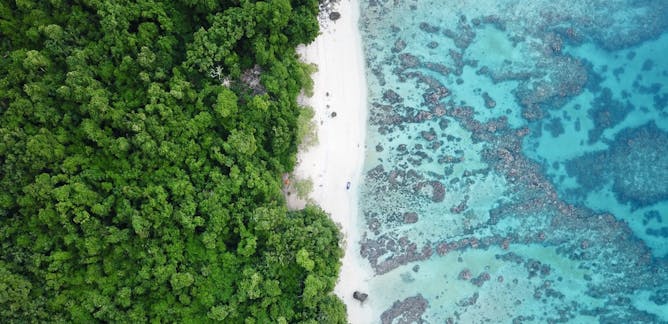
Mandy Freund, University of Melbourne; Ben Henley, University of Melbourne; David Karoly, CSIRO; Helen McGregor, University of Wollongong; Nerilie Abram, Australian National University
El Niño events can affect millions of people around the world, causing drought in Australia and floods in the Americas.
|

Jaime Schultz, Pennsylvania State University
Sports are segregated by sex. But what happens when athletes don't fit neatly into sport's definition of gender?
| |

Eddie Synot, Griffith University
First, change the constitution. Then, negotiate the detailed design of the First Nations voice to parliament: this is the only way to bring about meaningful reform.
|
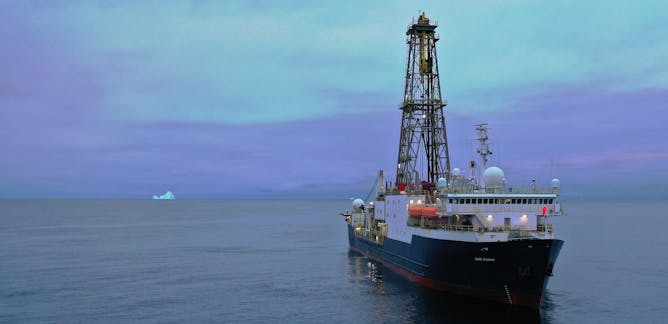
Suzanne O'Connell, Wesleyan University
A paleooceanographer describes her ninth sea expedition, this time retrieving cylindrical 'cores' of the sediment and rock that's as much as two miles down at the ocean floor.
| |
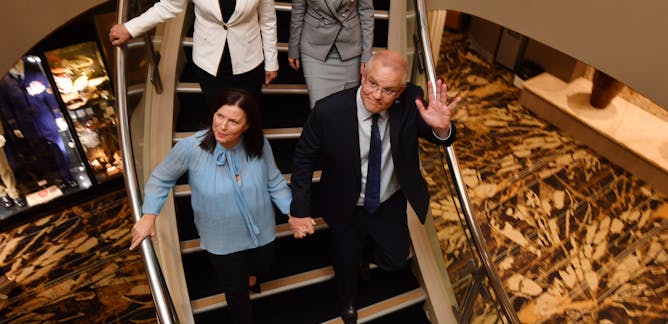
David Watts, La Trobe University
It's easy to legislate for new offences and more incarceration. It's harder – and more expensive – to ensure the community is safer in the long term. This involves addressing causes, not effects.
|
|
|
| |
| |
| |
| |
| |
| |
|
|
|
|
|
|
|